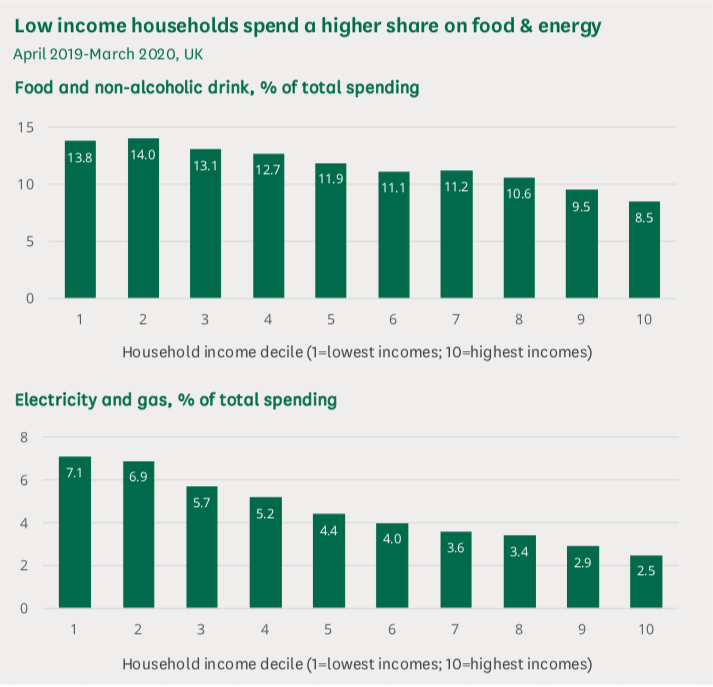Apparently we must do this and that and all because:
The only way to have sustainable land use in this country, and avoid ecological breakdown, is to vastly reduce consumption of meat and dairy, according to the UK government’s food tsar.
Henry Dimbleby told the Guardian that although asking the public to eat less meat – supported by a mix of incentives and penalties – would be politically toxic, it was the only way to meet the country’s climate and biodiversity targets.
“It’s an incredibly inefficient use of land to grow crops, feed them to a ruminant or pig or chicken which then over its lifecycle converts them into a very small amount of protein for us to eat,” he said.
Except this is to entirely miss the point of the task. Our aim is to maximise human utility over time. Utility is something defined by the person doing the consumption.
Yes, of course, there are third party effects and those need to be considered. But so too does the utility - that’s what is damaged by the third party effects either way. Either by an action causing that decline in utility, or the consumers’ decline in utility by not performing the action. It’s the balance that matters - the optimal position which maximises utility within the constraints the universe sets upon us.
Once the correct logical basis is established it’s possible to see what’s wrong with Dimbleby’s pronouncements. He’s forgotten that people like to eat meat. Therefore there’s a trade off in that utility. To be more extreme than he is, a fully vegan world would have lost that pleasure of meat eating, that’s a cost to be set against whatever effect that would have upon climate change.
If plans are made without even understanding what the goal is then they’re going to be bad plans, aren’t they?
Of course, we can go further too - there’s no reason whatsoever that the land of England needs to feed England. We do have this thing called trade which can aid in that. Missing out that little factor moves this all from a bad plan to a grossly stupid one. But then as the Stern Review itself said, we just musn’t try to plan our way out of climate change because every idiot with an obsession will come out of the woodwork (we might have changed the language there a little bit). Instead change prices the once and then leave markets to optimise utility - you know, the thing markets are good at?







